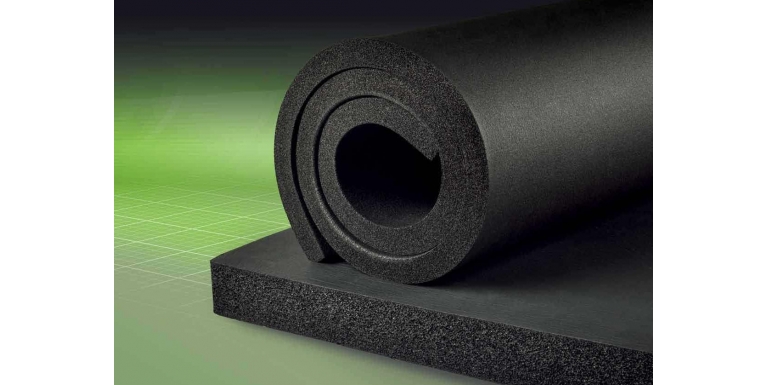SEOUL,KOREA – According to industry sources and the Ministry of Commerce, Industry and Commerce on July 17, the Directorate General Of Anti-Dumping and Allied Duties (DGAD) under the Ministry of Commerce and Industry of India made the final anti-dumping judgment on styrene-butadiene rubber (SBR) from Korea, the EU and Thailand, saying that their SBR gave damage to Indian companies by being exported at prices lower than their normal prices on July 12 (local time).

The Indian government made the final anti-dumping judgment on styrene-butadiene rubber (SBR) from Korea, the EU and Thailand.
The judgment will affect SBR 1500 and SBR 1700 Series products common in the market. SBR is superior to natural rubber in terms of heat resistance, abrasion resistance and water resistance. Therefore, SBR is mainly used for tire and shoes. Anti-dumping duties of US$ 33.95, US$ 28.68 and US$ 64.0 per ton were imposed on products of Kumho Petrochemical, LG Chem and other Korean companies, respectively. The same amount of the anti-dumping duty on products of Kumho Petrochemical was laid on products of the same company that POSCO Daewoo sold on commission.
Anti-dumping duties on Korean products are not as high as those of other countries. The EU has to pay anti-dumping tariffs of US$207.49 to US$266.0 and Thailand an anti-dumping tariff of US$243.6. If the anti-dumping tariff rates are calculated based on the market price of SBR, anti-dumping tariffs on Korean products will run 2% to 5% and those on products of other countries 15% to 20%.
India tried to scale up its annual synthetic rubber production capacity from 10,000 tons in 2013 to 130,000 tons in 2014, but a high preference for Korean products to Indian ones impeded an increase in the capacity. Of 193,323 tons of SBR consumed by India in 2014, Korean-made SBR accounted for 57.5% (111,113 tons). Korean products were followed by Indian products with 24.1 percent (46,657 tons), EU products with 14.3 percent (27,695 tons) and Thai products with 9.7 percent (10,686 tons).
The anti-dumping duty order will inevitably hit Korean companies’ SBR exports if the order is carried out. For Korean SBR producers, India is the second largest export market after China. Last year, Korea shipped 77,000 tons (13.4 percent) of its total SBR exports (574,000 tons) to India.
As of the end of 2016, India was employing a total of 327 anti-dumping regulations. They are the world’s highest, surpassing the United States with 325 anti-dumping regulations.
Regulations on chemical exports have been executed. For example, a preliminary anti-dumping tariff judgment was made on Korean-made TDI (toluene diisocyanate) in June of last year.
Meanwhile, the Indian Ministry of Finance is expected to issue an anti-dumping duty order based on the final decision of the DGAD.
– Jung Min-hee




























